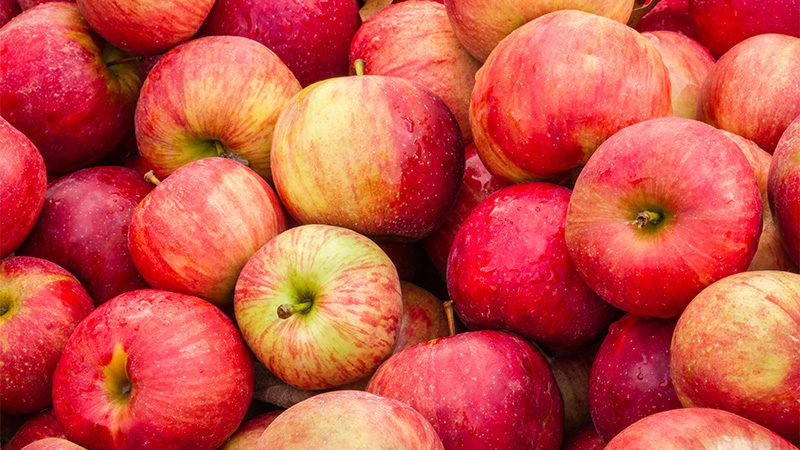Is Apeel harmful and does PCC allow Apeel on produce?

“I’ve recently heard about an alarming coating that is sprayed onto produce to extend the visual preservation of produce (organic and conventional) made by a company called Apeel. I need to know that PCC isn’t allowing produce treated with this coating. Thank you for your time.”
PCC responds: We understand your concern about a new coating being used on foods and have received several questions asking if Apeel products are harmful.
What is Apeel made of?
“Edipeel,” produced by Apeel Science, is a plant-based, FDA-approved coating derived from the peels, seeds and pulp of fruit and vegetables. The coating, as well as a version meant for organic foods labeled as “Organipeel,” is meant to extend the shelf life of fruits and vegetables.
Apeel coating and PCC standards
To our knowledge and our supplier’s knowledge, no producers or packers in our supply chain are using this substance on their produce. Apeel’s coatings are not widespread in the organic marketplace, so customers are generally unlikely to encounter it when they shop organic. In our discussions with folks up the supply chain and experts in the organic community, Apeel is mostly used only at the request of distributors, and we know that ours are not asking growers to apply it.
Given the low interest in Apeel, we opted to not add a prohibition in our formal standards at this time, as it did not seem necessary. That being said, we’re keeping an eye out for any changes in regulations, usage, or science related to this substance.
We would also like to mention that based on our research, we believe much of the information and concerns promulgated on social media about Apeel products are not fully based in truth and are primarily driven by an organization that we understand to be an unreliable source of information. Most notably, the safety sheet being shared online is not related to the produce coating, but for a surface cleaner from a UK-based manufacturer that coincidentally is also called APEEL; the substances are not the same product.
Is Apeel safe?
To provide some additional background, the National Organic Standards Board (NOSB) reviews ingredients for allowed use on Certified Organic foods and works with the United States Department of Agriculture (USDA) to maintain a National List of allowed substances for organic production. The NOSB looks at ingredients, but they don’t look at products; products are reviewed by agencies such The Organic Materials Review Institute (OMRI). OMRI reviews products and verifies that ingredients and sources of those ingredients comply with what is allowed on the National List. If a product meets the OMRI criteria, it can carry the OMRI listed label — but the certification only applies to the intended use.
Ultimately, a USDA-authorized third-party certifier reviews an organic farmer/producer’s entire system as a whole to determine if both the products and the way they are applied meet Certified Organic Standards. This process is legitimate and rooted in a transparent, democratic public process with multiple steps of verification; it’s what makes Certified Organic the most transparent and traceable source of food in our food system, short of knowing your farmer or growing it yourself.
OMRI discusses its guidelines for what is allowed in fruit coatings here, and added additional specifics after receiving questions about standards and compliance questions here.
While we firmly believe that much of the information being spread about Apeel is potentially misleading and the risk of encountering it may be exaggerated, we are committed to the integrity of the organic label and will continue to monitor this product and any new science that emerges from reputable institutions.
Thank you again for reaching out with your concerns.
Share your questions and views with other PCC members and shoppers by sending a letter to the editor for consideration to editor@pccmarkets.com. Letters that are printed may be edited before publication.
